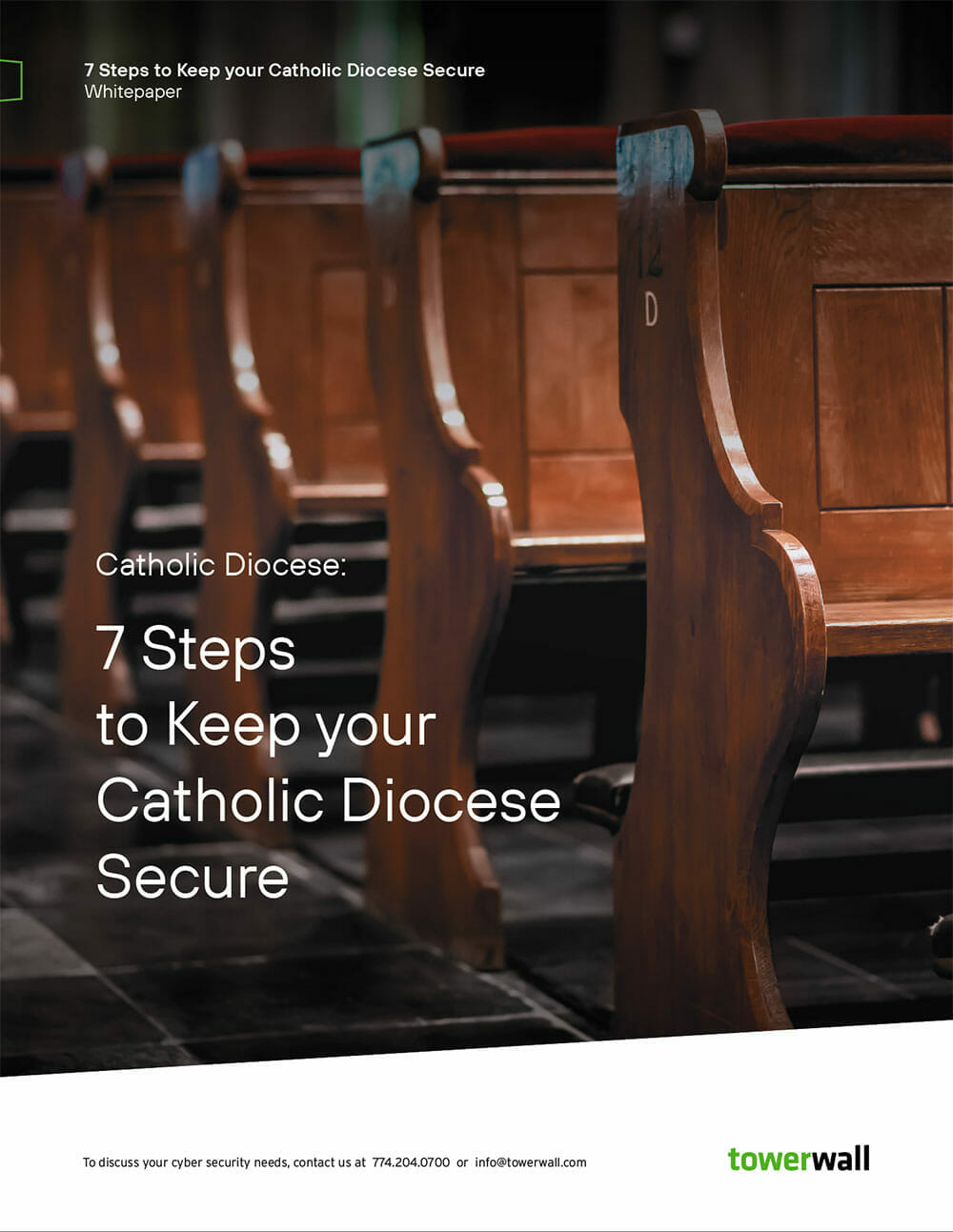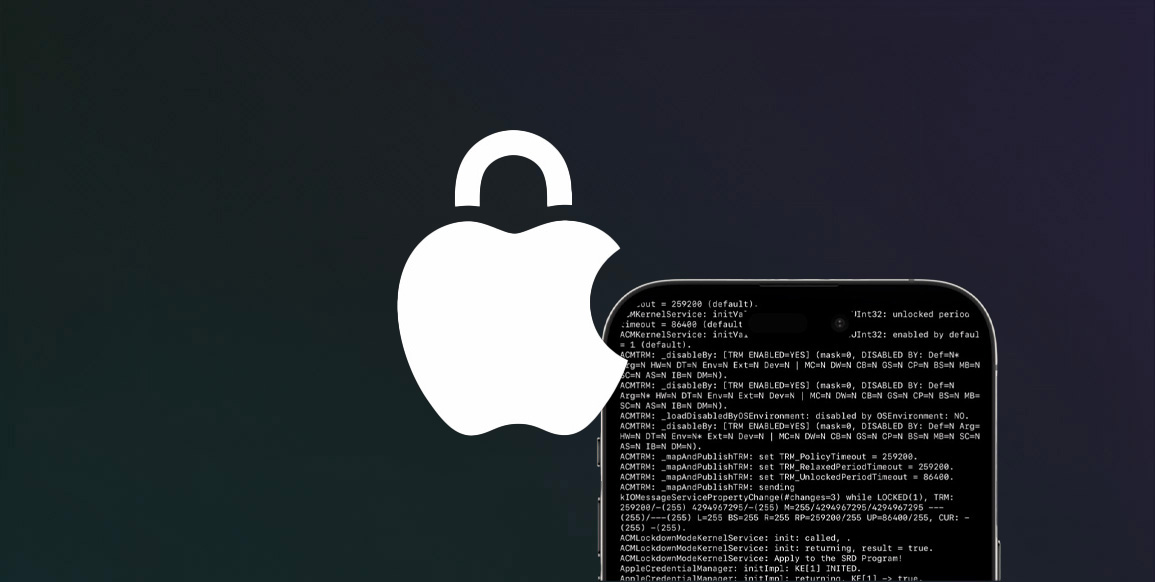Featured Whitepaper
7 Steps to Keep your Catholic Diocese Secure

About the Whitepaper
Religious organizations, Houses of Worship (HoWs) and missionaries (schools, hospitals, non-profits) often carry a false notion that they are at least risk of cyber-attacks (compared to ordinary businesses), because they are not involved in buying and selling of commercial goods and services. Contrary to this popular belief, cybercriminals have been regularly targeting churches, catholic organizations, and even the Vatican.
Time has come for religious leaders to recognize the imminent risk of cyber threats and adopt cybersecurity best practices to protect their organizations, members and the community at large.
This whitepaper examines the seven best practices that faith-based institutions must adopt.
Download Whitepaper

